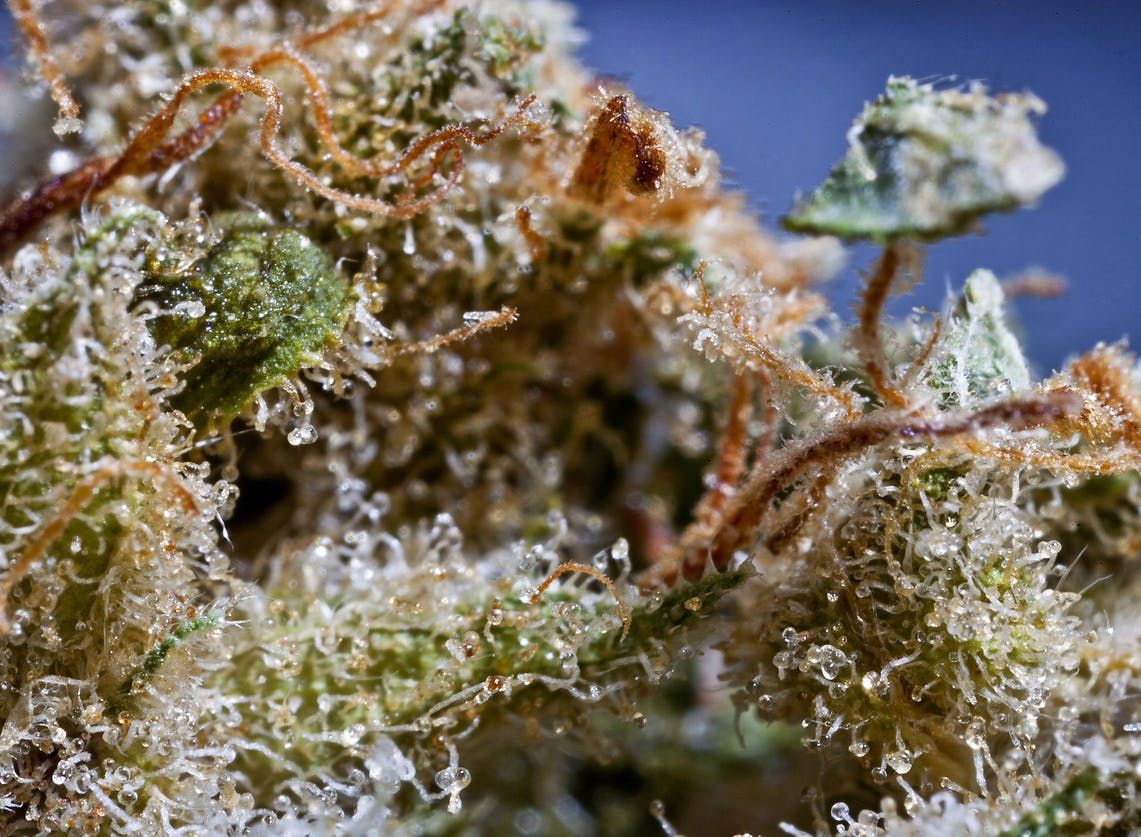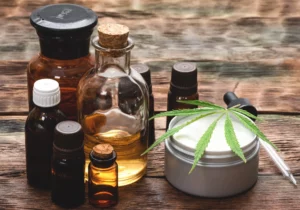Can you overdose on marijuana? It’s a frequent question that cannabis newbies ask. And the common response has been: “No one has ever died from taking too much cannabis.” This answer so far has proven to be true.
You can certainly overdo it when it comes to cannabis, but it won’t be the end of you. How do we know this? Well, in 1988, a judge from the Drug Enforcement Administration (DEA) sought to reschedule marijuana. In his ruling, he stated that you’d have to smoke about 1,500 pounds of cannabis in 15 minutes to induce a lethal response—a feat no one could ever even attempt, let alone complete.
FOLLOW US ON FACEBOOK & INSTAGRAM
Overdosing vs. Overconsuming Marijuana
“Overdosing in the traditional narcotic sense is when someone uses an opioid to the point where their respiratory rate decreases. This decrease in respiration can be accompanied by vomiting and choking, which can also lead to death,” says Dr. Perry Solomon, HelloMD’s chief medical officer.
A decrease in respiration can ultimately lead to:
- Brain damage
- Cardiac arrest
- Respiratory arrest
- Coma or death
“Cannabis doesn’t cause this type of traditional overdose,” says Dr. Solomon. “People who have too much cannabis are having cannabis with tetrahydrocannabinol (THC) content that’s too high for them, specifically,” he says.
RELATED: 5 TIPS TO REDUCE THE EFFECTS OF HAVING TOO MUCH CANNABIS
Most folks who’ve consumed cannabis are familiar with the symptoms of consuming too much THC. These symptoms include:
- Anxiety
- Paranoia
- Increased respiration
- Increased heart rate
You may be wondering about THC’s cousin, cannabidiol (CBD)—can you take too much of this molecule? “People are taking hundreds of milligrams of CBD, and I’ve never read or heard about any side effects that would be classified as an over usage or overdose of CBD products,” he says.
Dr. Solomon adds that you can take too much of anything, and that if you did somehow overdo it with CBD, you’d probably just be knocked out for a few hours.
This doesn’t mean that consuming large amounts of marijuana is completely harmless for everyone. Some research suggests that the plant can cause complications in those with cardiac issues due to THC’s ability to increase heart rate. However, if marijuana were the cause of death in this circumstance, it wouldn’t qualify as an overdose in the traditional sense.
Why You Can’t Overdose on Cannabis, Scientifically Speaking
Cannabis and opioids bring about effects in our bodies by attaching to specific receptors located on our cells. The network of receptors that cannabis works on is called the endocannabinoid system (ECS). And while this system’s receptors can be found in the brain, they’re also found throughout the body in places like our gut, skeleton and immune cells.
Opioids, in contrast, work on a set of receptors confined to the brain, spinal cord and digestive system. These opioid receptors are particularly plentiful in the brainstem, an area of our brain that controls key life functions like breathing, heart rate and consciousness.
When a person takes an opioid, the drug’s molecules attach to these receptors to bring about effects like pleasure and pain relief. However, when consumed in large amounts, these drugs can overwhelm these areas, which are responsible for important life processes. Ultimately, this disruption can have deadly consequences, like slowing or even stopping breathing.
On the other hand, ECS receptors are notably lacking in the brainstem. The absence of these receptors from this key area of the brain likely contributes to why it’s impossible to overdose on cannabis.
If you’re new to cannabis and want to learn more, take a look at our Cannabis 101 post. HelloMD can help you get your medical marijuana recommendation; it’s easy, private and 100% online.






